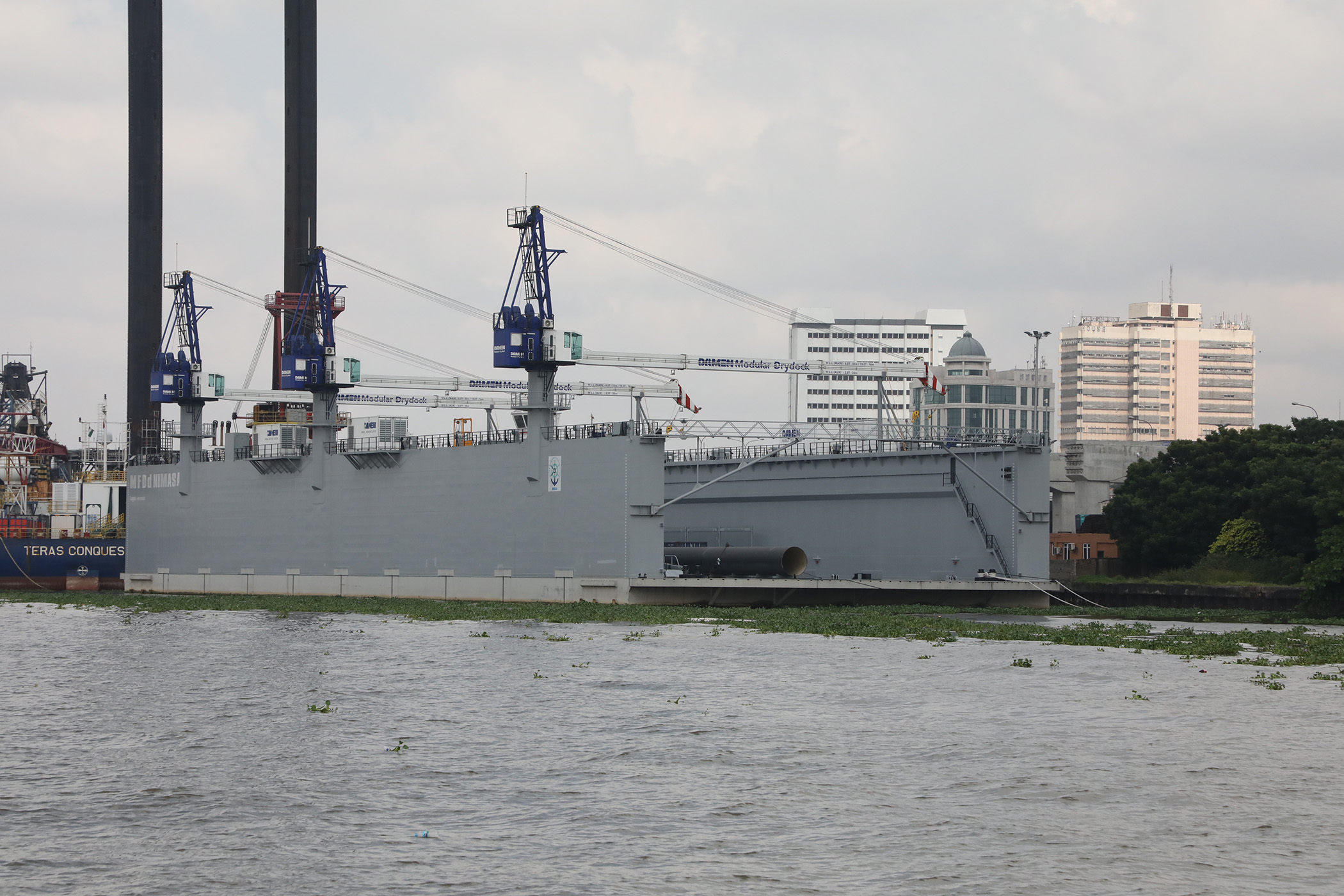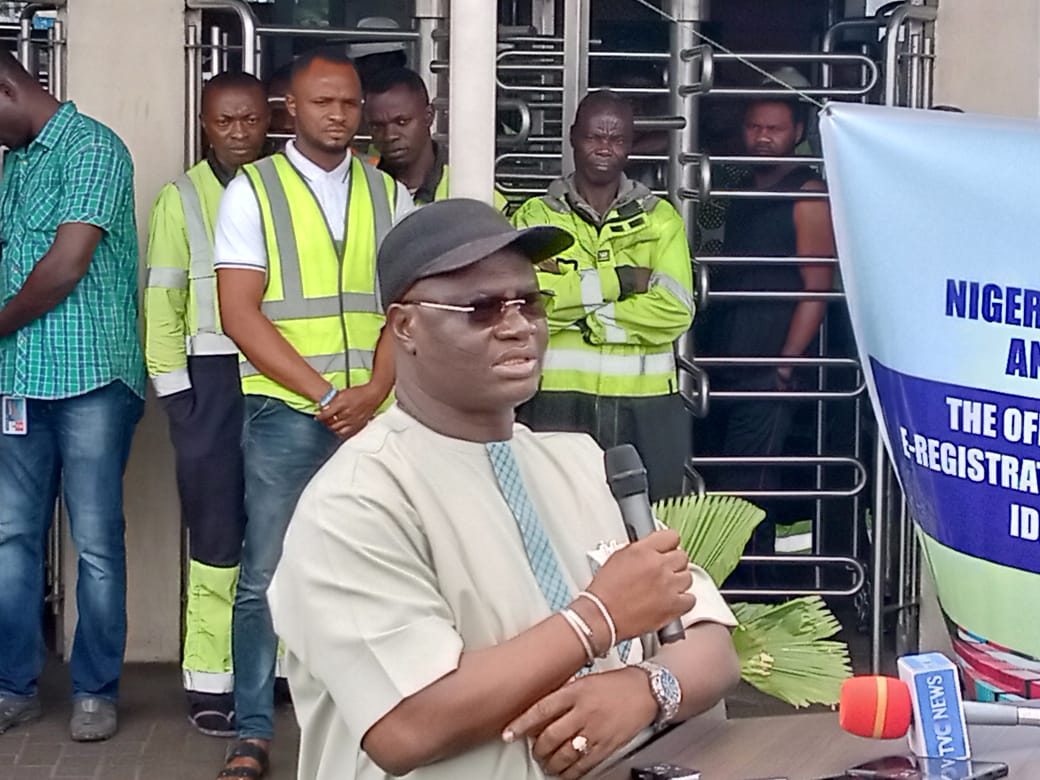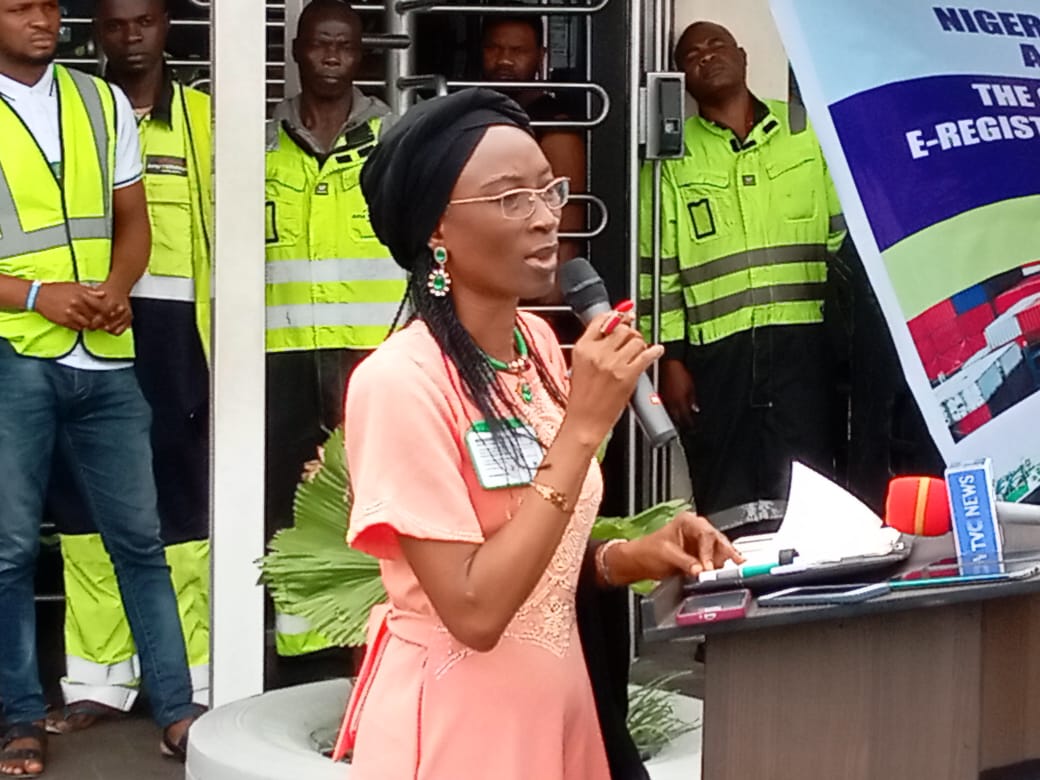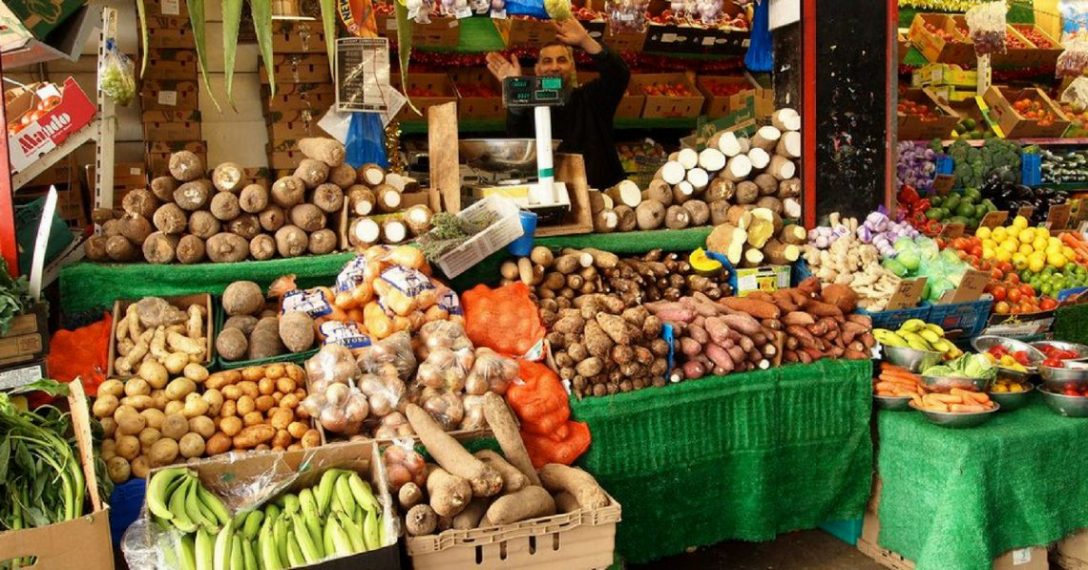Archives
Dakuku’s Headache: Filipinos Declare Nigeria’s Waters Unsafe
- As NISA Declares Peterside Unfit To Head NIMASA
The Philippine Overseas Employment Administration (POEA) has authorised seafarers of Filipino origin operating within Nigeria’s territorial waters to demand double payment because of the deteriorating security situation in the country and it’s territorial waters .
Recall that the Nigerian Maritime Administration and Safety Agency (NIMASA) is the agency saddled with the responsibility of providing direction and ensuring compliance with vessels security measures as well as entrenching maritime security.
This development, ironically is coming just as the Nigeria Ship-owners Association (NISA) assesses the appointment of the new NIMASA Director General (DG), particularly in relations to NIMASA Act, and declared Peterside absolutely, unqualified to lead the agency.
The Philippine authorities posited that since Nigeria has failed in its responsibility of providing maritime security for vessels on Nigerian waters, the employment board of Philippines should asked Filipinos on board vessels which call at the Nigerian seaports to demand more pay as ‘hazard charges’, saying only that could compensate for their ‘risky voyage’ within the country.
The demand is sequel to an earlier classification of Nigerian ports and waters as “high risk destination” by the Philippine Overseas Employment Administration (POEA), following reported increase in the rates of piracy attacks in the Gulf of Guinea.
Seafarers of Philippines origin, who are said to account for over ten percent of world seafarers, similarly dominate the manning of most vessels which call at the Nigerian waters.
Following the development, experts have warned that Nigerian economy would be adversely affected as such extra charges would ultimately be passed over to the prices of imported goods, thereby worsening the already worrisome cost of living in the country.
Pioneer President of the Nigerian Chamber of Shipping, Mike Igbokwe, noted that the decision of the POEA was premised on increased pirate attacks on vessels plying Nigerian waters.
According to the Senior Advocate of Nigeria (SAN), “The Gulf of Guinea is now a high risk area and because we are close to it, our waters too have been categorized as high risk area -inland waterways, the Niger Delta and beyond.
“They are talking of 12 nautical miles from the water…this represents our territorial waters so what they are saying is that our waters are unsafe and they blame it on piracy.
“They have now come to recognize our waters as pirates infested and risky to their citizens because they are seafarers. They recognize that they are plying those risky routes, and want compensation for them if there is death or accidents and in terms of wages”, he indicated.
Igbokwe who said the development underscores the need to pay more attention to checking attacks at the region said the Philippine authorities may have similarly discovered that some of their seafarers have started refusing to go to those areas categorized as high risk.
“So, they are now trying to give them more wages to encourage them. Just like those days in Baghdad; during the Iraqi war and was declared high risk area, even though some people did not mind going there because they got more money.”
To this end, Igbokwe called on government to urgently step up its safety measures particularly at the dreaded Gulf of guinea, as well as other allied maritime environments before other countries toe the line of Philippines, thereby further putting the nation’s economy at great risk.
“The freights or hires will go higher and bring imported inflation into the Nigerian economy. The reason why it will go high is that the owner of the ship on which the crew are or who employed them or the demise charterer will end up paying more to them in terms of wages.
He pointed out that when this happens, the situation will ultimately put the extra cost on the freight or hires to be paid by the cargo owner or cargo interest.
“So, what will happen is that the cost of shipping cargoes to Nigerian waters will go up. Insurance too will go up.
“The cargo owner who is eventual payer of this will transfer this unto the goods or raw materials that he has imported. He will add that to the cost of production and transfer it to the ultimate consumer and so, you will have what is called imported inflation making prices of those affected shipments higher than normal”.
Igbokwe further pointed out that the situation may also similarly worsen the value thereby putting more pleasure on the economy.
Effort to get the response of the Nigerian Maritime Administration and Safety Agency (NIMASA) proved abortive as the agency refused to comment on the issue.
Meanwhile, a cross section of core stakeholders have frowned on the appointment of Dakuku Peterside as the Director General of NIMASA, stressing that the agency should not be used as a Compensation’s cherry for anyone who has lost election.
“Would Mr President appoint him to come and head NIMASA, if he had won his Governorship election? ” asked an importer, Oladele James, urging the President Muhammadu Buhari to review the appointment.
Echoing same view, the NISA President, Olaniyi Dada Labinjo noted that if the letters of the NIMASA Act was to be strictly adhered to, Dakuku Peterside was not qualified to head NIMASA.
“The NIMASA Act Sections 11 & 6 do not avail him. This is what it says at Section 11-(1): “The President on the recommendation of the Minister shall appoint a Director-General for the Agency in accordance with the provision of Sections 6 & 7 of this Act.”
” Then Section 6- (1) says: The President on recommendation of the Minister shall appoint to the Board only persons with relevant experience and capacity applicable to maritime administration, recognized expert knowledge, qualification and experience in one or more of the following fields-
a. Maritime Safety
b. Maritime Security
c. Maritime pollution
d. Nautical Sciences and Hydrography
e. Maritime Engineering
f. Finance
g. Marine laws
h. Transport logistics
i. Administration, and
j. Marine Labour.
“I want you to read the qualifications again and you will find that the emphasis is on” relevant experience and capacity APPLICABLE to Maritime Administration”.
“The candidate must also possess recognized expert knowledge, qualification, and experience in one of the fields! In effect, there are 4 considerations which MUST be in maritime sphere.
“A degree in Administration is not enough. Peterside will not function well outside a hospital environment given his knowledge, qualification and experience!
“An accountant that has worked all his life in a Dockyard will be grounded in maritime administration concerning finance than an accountant in a hospital say. Again, Peterside will not be allowed to head a medical agency by virtue of his paramedical qualification and experience.
“What then qualifies him to head a Maritime Agency? He is certainly unqualified going by the 4 requirements in the NIMASA Act.
“The Agency is not for revenue generation but to develop and grow shipping in addition to regulating shipping . The shipping companies in turn will provide substantial employment to Nigerians and pay tax to government!!!
“You cannot ask a Carpenter to conduct an open heart surgery and expect the patient to survive. Peterside will “kill” the Nigerian shipping companies that survived the onslaught of Akpobolokemi.
“We need someone who is well grounded in “maritime administration” if Nigeria wants to benefit from the huge potentials in maritime”, Dada Labinjo concluded, even as grapevines reveal that some concerned stakeholders were already gearing up to drag the government to court on the basis of the appointment, particularly because of the fears that the industry may suffer the same fate it was yet to recover from, as a result of Patrick Akpobolokemi’s lack lustre management of the Agency.
In the meantime, a security aid of the NIMASA DG, name withheld has reportedly been seriously injured, following a rain of bullets by some gunmen in two SUVs who allegedly trailed and opened fire on Dakuku Peterside, as he drove towards his Port Harcourt GRA home, from the popular Aba Road.
Dakuku indicated that amidst the ensuing confusion, he changed course, radioed and fled to the DSS office, which in the course of a timely intervention, identified and opened fire, demoralizing one of the SUVs, in which one of the occupants was one ChukwuEmeka Woke, the Chief of Staff to Governor Nyesom Wike.
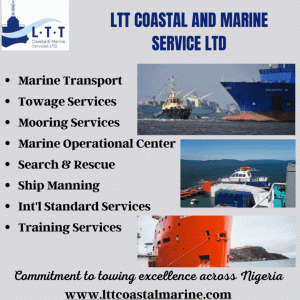
Archives
WAIVER CESSATION: Igbokwe urges NIMASA to evolve stronger collaboration with Ships owners

…Stresses the need for timely disbursement of N44.6billion CVFF***
Highly revered Nigerian Maritime Lawyer, and Senior Advocate of Nigeria (SAN), Mike Igbokwe has urged the Nigeria Maritime Administration and safety Agency (NIMASA) to partner with ship owners and relevant association in the industry to evolving a more vibrant merchant shipping and cabotage trade regime.
Igbokwe gave the counsel during his paper presentation at the just concluded two-day stakeholders’ meeting on Cabotage waiver restrictions, organized by NIMASA.
“NIMASA and shipowners should develop merchant shipping including cabotage trade. A good start is to partner with the relevant associations in this field, such as the Nigeria Indigenous Shipowners Association (NISA), Shipowners Association of Nigeria (SOAN), Oil Trade Group & Maritime Trade Group of the Nigerian Association of Chambers of Commerce, Industry, Mines and Agriculture (NACCIMA).
“A cursory look at their vision, mission and objectives, show that they are willing to improve the maritime sector, not just for their members but for stakeholders in the maritime economy and the country”.
Adding that it is of utmost importance for NIMASA to have a through briefing and regular consultation with ships owners, in other to have insight on the challenges facing the ship owners.
“It is of utmost importance for NIMASA to have a thorough briefing and regular consultations with shipowners, to receive insight on the challenges they face, and how the Agency can assist in solving them and encouraging them to invest and participate in the maritime sector, for its development.
“NIMASA should see them as partners in progress because, if they do not invest in buying ships and registering them in Nigeria, there would be no Nigerian-owned ships in its Register and NIMASA would be unable to discharge its main objective.
The Maritime lawyer also urged NIMASA to disburse the Cabotage Vessel Financing Fund (CVFF)that currently stands at about N44.6 billion.
“Lest it be forgotten, what is on the lips of almost every shipowner, is the need to disburse the Cabotage Vessel Financing Fund (the CVFF’), which was established by the Coastal and Inland Shipping Act, 2003. It was established to promote the development of indigenous ship acquisition capacity, by providing financial assistance to Nigerian citizens and shipping companies wholly owned by Nigerian operating in the domestic coastal shipping, to purchase and maintain vessels and build shipping capacity.
“Research shows that this fund has grown to about N44.6billion; and that due to its non-disbursement, financial institutions have repossessed some vessels, resulting in a 43% reduction of the number of operational indigenous shipping companies in Nigeria, in the past few years.
“Without beating around the bush, to promote indigenous maritime development, prompt action must be taken by NIMASA to commence the disbursement of this Fund to qualified shipowners pursuant to the extant Cabotage Vessel Financing Fund (“CVFF”) Regulations.

“Indeed, as part of its statutory functions, NIMASA is to enforce and administer the provisions of the Cabotage Act 2003 and develop and implement policies and programmes which will facilitate the growth of local capacity in ownership, manning and construction of ships and other maritime infrastructure. Disbursing the CVFF is one of the ways NIMASA can fulfill this mandate.
“To assist in this task, there must be collaboration between NIMASA, financial institutions, the Minister of Transportation, as contained in the CVFF Regulations that are yet to be implemented”, the legal guru highlighted further.
He urged the agency to create the right environment for its stakeholders to build on and engender the needed capacities to fill the gaps; and ensure that steps are being taken to solve the challenges being faced by stakeholders.
“Lastly, which is the main reason why we are all here, cessation of ministerial waivers on some cabotage requirements, which I believe is worth applause in favour of NIMASA.
“This is because it appears that the readiness to obtain/grant waivers had made some of the vessels and their owners engaged in cabotage trade, to become complacent and indifferent in quickly ensuring that they updated their capacities, so as not to require the waivers.
“The cessation of waivers is a way of forcing the relevant stakeholders of the maritime sector, to find workable solutions within, for maritime development and fill the gaps in the local capacities in 100% Nigerian crewing, ship ownership, and ship building, that had necessitated the existence of the waivers since about 15 years ago, when the Cabotage Act came into being.
“However, NIMASA must ensure that the right environment is provided for its stakeholders to build and possess the needed capacities to fill the gaps; and ensure that steps are being taken to solve the challenges being faced by stakeholders. Or better still, that they are solved within the next 5 years of its intention to stop granting waivers”, he further explained.
Archives
Breaking News: The Funeral Rites of Matriarch C. Ogbeifun is Live
The Burial Ceremony of Engr. Greg Ogbeifun’s mother is live. Watch on the website: www.maritimefirstnewspaper.com and on Youtube: Maritimefirst Newspaper.
Archives
Wind Farm Vessel Collision Leaves 15 Injured

…As Valles Steamship Orders 112,000 dwt Tanker from South Korea***
A wind farm supply vessel and a cargo ship collided in the Baltic Sea on Tuesday leaving 15 injured.
The Cyprus-flagged 80-meter general cargo ship Raba collided with Denmark-flagged 31-meter wind farm supply vessel World Bora near Rügen Island, about three nautical miles off the coast of Hamburg.
Many of those injured were service engineers on the wind farm vessel, and 10 were seriously hurt.
They were headed to Iberdrola’s 350MW Wikinger wind farm. Nine of the people on board the World Bora were employees of Siemens Gamesa, two were employees of Iberdrola and four were crew.
The cause of the incident is not yet known, and no pollution has been reported.
After the collision, the two ships were able to proceed to Rügen under their own power, and the injured were then taken to hospital.
Lifeboat crews from the German Maritime Search and Rescue Service tended to them prior to their transport to hospital via ambulance and helicopter.
“Iberdrola wishes to thank the rescue services for their diligence and professionalism,” the company said in a statement.
In the meantime, the Hong Kong-based shipowner Valles Steamship has ordered a new 112,000 dwt crude oil tanker from South Korea’s Sumitomo Heavy Industries Marine & Engineering.
Sumitomo is to deliver the Aframax to Valles Steamship by the end of 2020, according to data provided by Asiasis.
The newbuild Aframax will join seven other Aframaxes in Valles Steamship’s fleet. Other ships operated by the company include Panamax bulkers and medium and long range product tankers.
The company’s most-recently delivered unit is the 114,426 dwt Aframax tanker Seagalaxy. The naming and delivery of the tanker took place in February 2019, at Namura Shipbuilding’s yard in Japan.
Maritime Executive with additional report from World Maritime News





